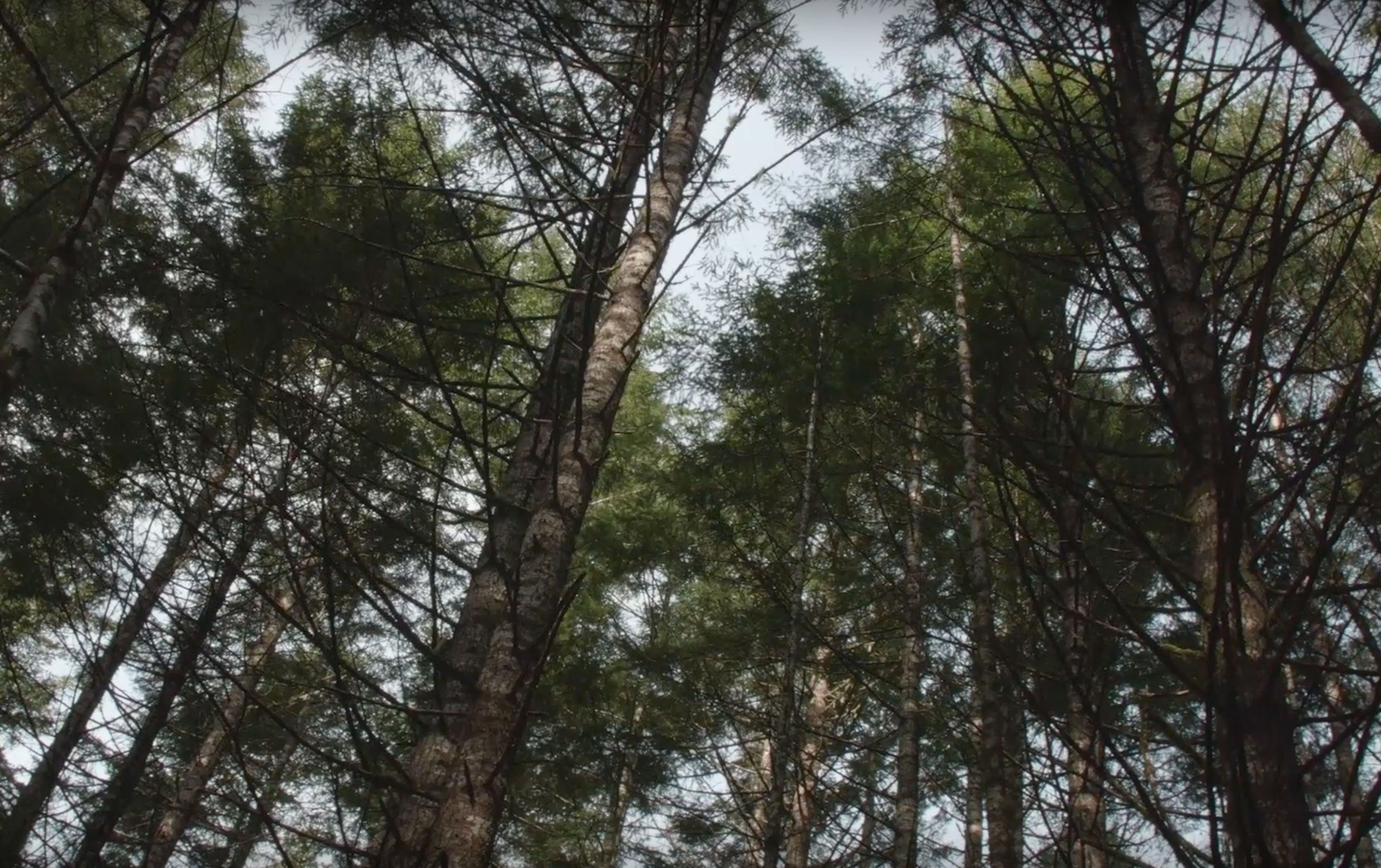UAVs can help manage wildfires, support a search-and-rescue mission, plant trees to avoid wind or heat damage, monitor wildlife, improve irrigation, detect crop-disease outbreaks and gauge environmental health.
Flight Plan


UAVs can help manage wildfires, support a search-and-rescue mission, plant trees to avoid wind or heat damage, monitor wildlife, improve irrigation, detect crop-disease outbreaks and gauge environmental health.

A new learning laboratory will be a seedbed for the latest concepts in active teaching and learning to Oregon State.

Perry Morrow, student in the Oregon State University Water Resources Graduate Program, produced this video on biochar, the carbonized remains of plants. Turning low-value wood and other biomass into biochar sequesters carbon from the atmosphere for hundreds of years. The resulting material may also benefit water quality by absorbing pollutants such as copper, lead, zinc and other metals.

A student-designed “wireless hand sensor” may not only help reduce hand and wrist injuries associated with repetitive motion but may have applications in robotics, medicine and computer gaming.

OSU officials have launched a new initiative called Oregon State University Advantage, designed to boost the university’s impact on job creation and economic progress in Oregon and the nation.

An era of walking robots that can help people with physical disabilities, take on dangerous missions or aid in disaster response is about to begin.